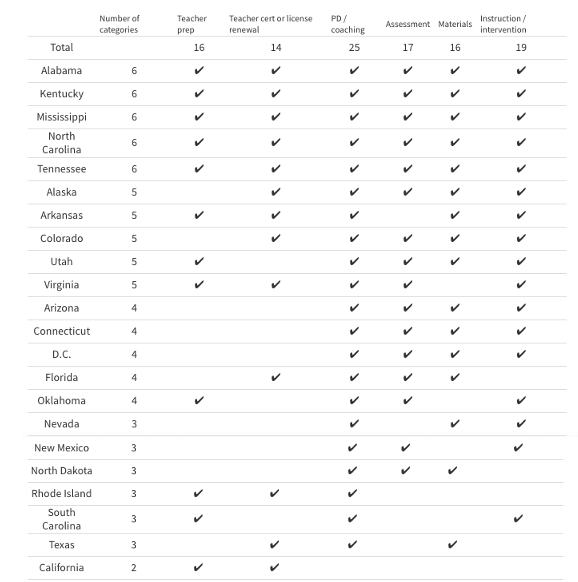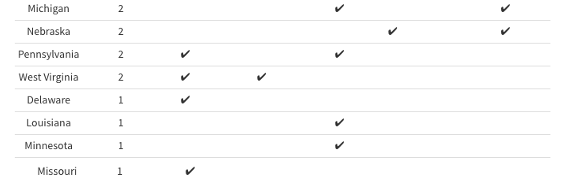Where has the urgency been over improving reading literacy?
As of last spring, 49 percent of Minnesota students statewide weren’t proficient in reading, according to the state’s Minnesota Comprehensive Assessment (MCA).
On national assessments, the average reading scores for Minnesota fourth- and eighth-grade students are the lowest they have ever been since the 1990s.
These scores add to a long-term trend of mediocre academic performance and declining test scores.
What gives? We know how to teach children to read, thanks to tons of research and empirical studies on the science of reading. And yet it appears to have taken a public radio reporter’s recent series “Sold a Story,” (which is excellent, by the way) to bring a sense of urgency to the prolonged failure to help many students become literate. A failure that many of us sounded the alarm on years ago.
While there are Minnesota schools who have ditched the flawed “three-cueing” method, and there was initial investment in a science of reading training program during the 2021 legislative session, it has taken too long to get to even this point.
Is it good that the science of reading movement is getting attention in more state legislatures? Of course. Is it disheartening that it’s too late for students who completed their K-12 journey only semi-literate? Most definitely.
Minnesota can do more
But we can’t expect students to have a shot at being taught to read through science-based strategies if educators themselves don’t receive science of reading instruction in their teacher preparation programs.
Back in 2020, the National Council on Teacher Quality (NCTQ) gave a handful of Minnesota elementary teacher prep programs a “D” or “F” for science of reading instruction. These included: Bemidji State University (D), Hamline University (D), Minnesota State University-Mankato (D), St. Cloud State University (D), University of Minnesota-Crookston (F), University of Minnesota-Morris (D). While the majority (67 percent) received an “A” or “B” — with most of those being private institutions — that still leaves nearly 1/3 (29 percent) that are not adequately preparing teacher candidates to teach reading. NCTQ’s analysis of these programs from 2016-2020 shows their performance in reading preparation, as graded by NCTQ, largely unchanged.
A 2022 analysis of Minnesota’s legislation/policy related to evidence-based reading instruction requirements by Education Week found the state was doing the least compared to other states and their science-based reading legislation/policy.
According to Education Week, Minnesota does not have evidence-based reading instruction requirements within teacher preparation programs, teacher certification or license renewals, or assessments, to name a few.
Gov. Tim Walz’s education policy bill in the Senate (S.F. 1311) had a committee hearing today, and out of the 113 pages, there are currently no meaningful provisions focused on improving reading literacy.

